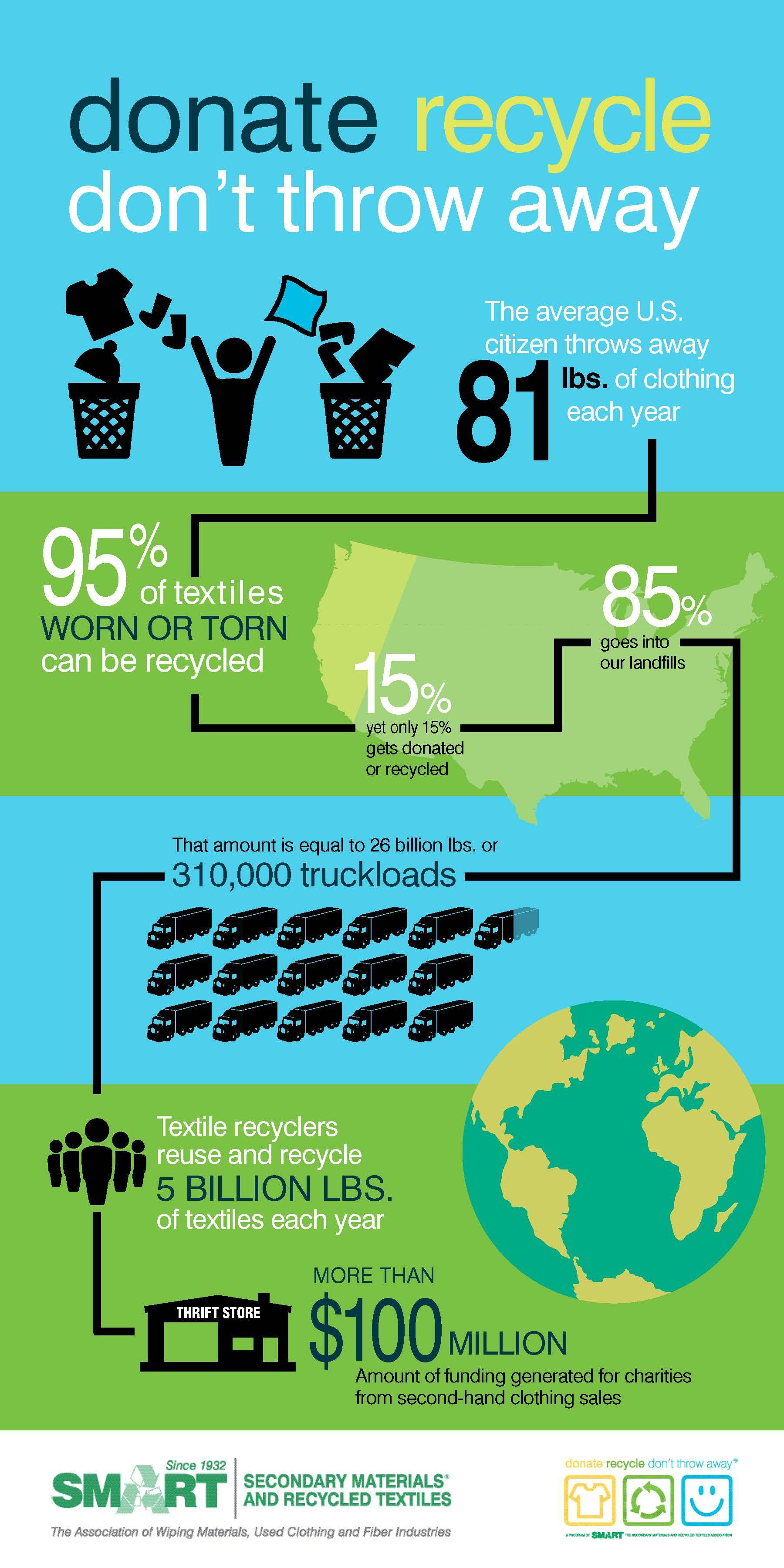Our Sustainability Story

Mednik-Riverbend has been a sustainable company for over a century. The concept of “sustainability” was unheard of back in 1921, but “Rags” weren’t. Repurposing of cloth has gone on for centuries. In 1926 we provided rags to Admiral Richard E. Byrd for his expedition to the North Pole. We have made it through the great depression, WW2, the 60’s and Vietnam, the gas embargo of the 70’s, the fall of tech in the 90’s, the housing bubble of ‘08, COVID and now a period of a 40-year high in inflation and the pre-recessionary times entering 2023. We think that speaks volumes as to our ability to navigate the storms of society, all the while, staying true to our mission of providing a sustainable alternative to common industrial and commercial supplies.
As a member of SMART (Secondary Materials and Recycled Textiles), Mednik Riverbend and other member companies acquire both unused and used (pre-and post-consumer) textiles for reuse and recycling.
The pre‐consumer market material is acquired prior to consumer use. The textile and fiber manufacturers would have otherwise discarded the unused material that could not be used during the manufacturing process. Material is then repurposed into a variety of consumer products, for example wiping cloths, automobile insulation and home furnishings, etc.
Post‐consumer market material is acquired after consumer use. This includes excess textile donations from charities and commercial sources (i.e., non- profits, thrift stores, hospitals, hotels, and industrial laundries etc.). The purchase of unusable donations provides additional funds to charitable organizations and serves as a critical source of revenue to support their ongoing, community-based programs. SMART companies sort and grade the used clothing based on quality, condition, and type. Once sorted, the used clothing and textiles are reused and recycled in one of the following manners:
- 45% is re‐used as apparel. These items are generally processed into large bales that are then sold in the U.S. to the secondhand clothing industry or are exported to emerging market nations where demand for top quality secondhand clothing is particularly high.
- 30% of the recovered textiles are cut into wiping rags or polishing cloths that are then used in commercial and industrial settings.
- 20% is reprocessed into its basic fiber content. The fibers are then remanufactured to create furniture stuffing, upholstery, home insulation, automobile soundproofing, carpet padding, building materials and various other products.
- 5% is unusable.
Our sister company found Vintage was founded in 2015 with the purpose of providing sustainable and vintage apparel to the public. Our growth has been monumental with now two online platforms and three brick and mortar locations in St. Louis, MO with eyes on expansion in 2023. Our buying power is second to none. Our ability to navigate the globe for sourcing allows us to bring high fashion at low cost to the community with an awareness that fashion is a major contributor to environmental issues. It’s a perfect fit with our core business allowing us to penetrate numerous markets.
Today, many companies are jumping on the bandwagon of “sustainability”. Yes, there are those that walk the walk, but green washing has become too prevalent to appeal to consumers who value buying a sustainable product. Although we’ve been around for a hundred plus years, it seems that our mission is now front and center. For the last century and into the next, we plan on continuing our journey to be a leader in what we do.
Mednik Riverbend and its affiliates work to be a green alternative for the markets needing wiping and absorbing products. The circular economy is at the heart of what we do, and we take pride in educating the consumer on the benefits of using recycled goods. We make the most of our status as a leading organization in the circular economy.

